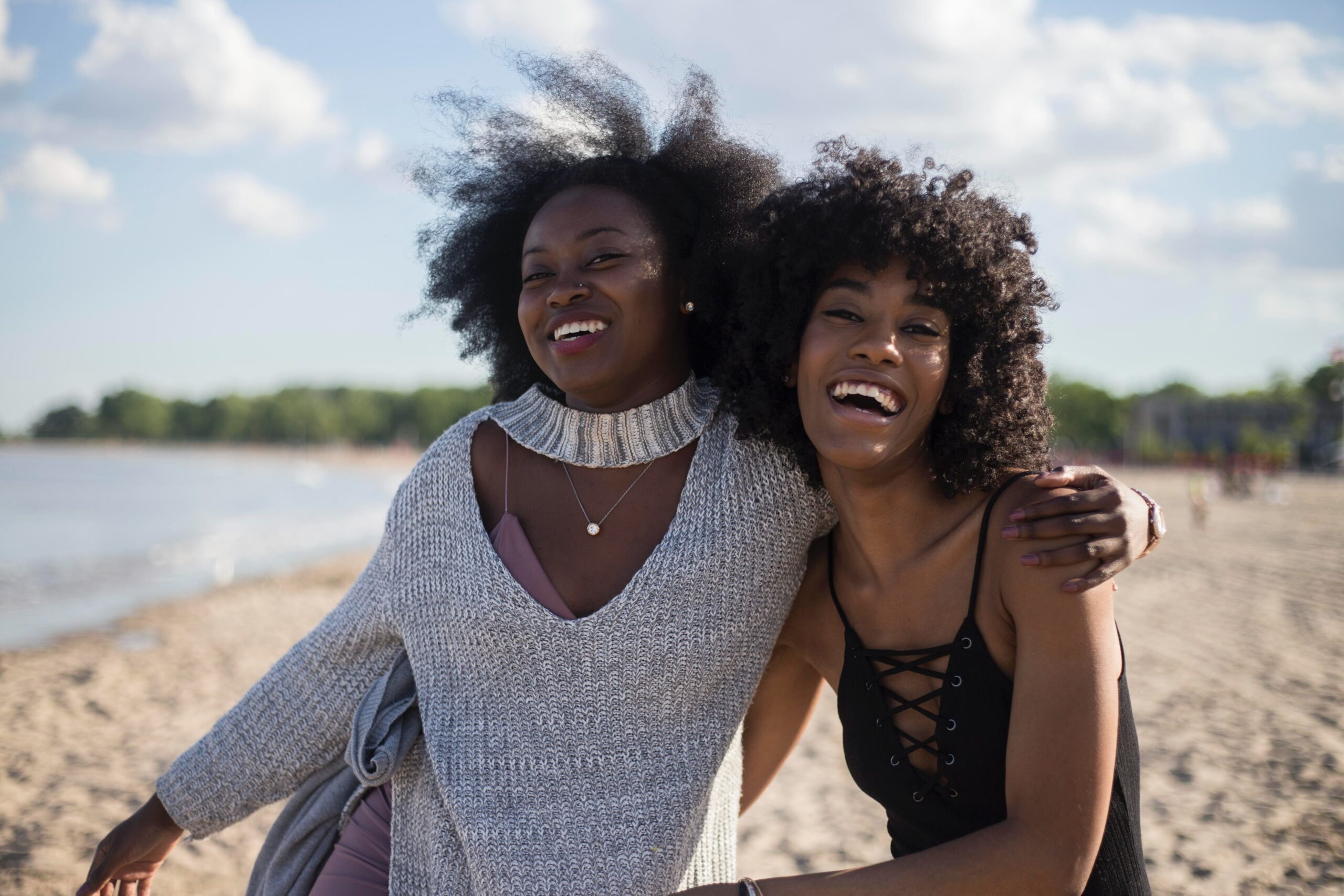As a transracial adoptee my difference was always very obvious: there was no doubt that I was in any way genetically linked to anyone in my adopted family. I’ll be honest, it was obvious I wasn’t related to anyone in my community.
I grew up in a household with both adopted and biological children and I feel this compounded the issue. It didn’t help that between them my siblings were an almost perfect genetic image of my adopted family.
I often wonder how soon baby me realised that I wasn’t the same as my adoptive family. I know I was aware of it long before I started school at 4. I mourn for baby me, looking for some familiarity and finding none.
Genetic mirroring and identity
I decided to research a little further into genetic mirroring and found this quotation from an article written by the On Your Feet Foundation –
“Genetic mirroring is how we formulate both our sense of self, and how we fit ourselves into the greater world around us, and for adoptees, the loss of genetic mirrors means they must formulate identity in a vacuum, without an innate biological connection to their family.”
On your feet foundation
I think this perfectly illustrates the struggle adoptees face growing up around identity.
How does a lack of genetic mirroring affect you?
I longed to know who I looked like growing up, was it my birth mother or father or, like my siblings, a combination of both? Who gave me this nose, mouth, and eyes? All questions my siblings who were biologically linked to my parents could answer instantly but went unanswered for 50 years for me.
Family get-togethers were a nightmare for me, lots of “ooo doesn’t the youngest look like……” comments. Just reinforcing that my adopted brother and I didn’t look like……ANYONE!
Puberty was particularly difficult. How do you form an identity with nothing to go on? Am I going to be tall? Short? When will I start puberty? In a stage of our lives when identity is everything, we have nothing. My sisters could compare notes with our relatives, but this blank slate came without instructions.
Don’t get me started on hair. My hair was not acknowledged and cared for as it should have been. I used to sit watching playschool. Floella Benjamin, probably the first woman of colour I had ever laid eyes on, and her hair! Immaculately braided, beaded, full of colour. I wanted it my entire childhood but was met with a myriad of reasons why I couldn’t so short afro it was, whilst my sisters got plaits in their long blonde hair. My adoptive mum knew how to deal with Caucasian hair, she’d been doing it all her life, but black hair was a mystery, better to keep it short and manageable.
How does it affect your relationship with your own children?
“The first time I saw someone genetically linked to me was when I looked into the eyes of my child for the first time” is heard all too often among adoptees. I know I felt this way, I also felt like I was already failing my daughter because I knew that at that point if she came to me with questions about where particular features came from, I’d have no answers for her.
I didn’t want her growing up in the air of mystery I had. I went into reunion, looking for answers. Through the years I’ve found some answers, but it wasn’t until I met my paternal family that everything clicked. I look like my grandmother! Scarily so, it took some time of staring at this old photograph, of a lady long since passed, but I started to get goosebumps. This is who I look like, it’s obvious.
What about mannerisms?
Genetic mirroring doesn’t end at visual similarities. When I met my siblings for the first time, I was struck by how we all had the same gait. I stand and walk exactly like them, it’s uncanny. I also met a fellow leftie in my brother.
I consider meeting my siblings and getting answers to some of these questions and more, as pivotal in helping me form my identity. I am also all too aware that many adoptees don’t get this chance. That’s what adoption does, it severs us from the familiar and places us with the unfamiliar. How are we supposed to form identities in unfamiliar settings?
What change is needed?
I live in a country where closed adoption is the norm. No meetups with birth families just a paltry letter once or twice a year which just doesn’t cut it. By denying adoptees physical access to their biological families, you are denying them access to self. It’s vital that adoptees have access to their biological families.
